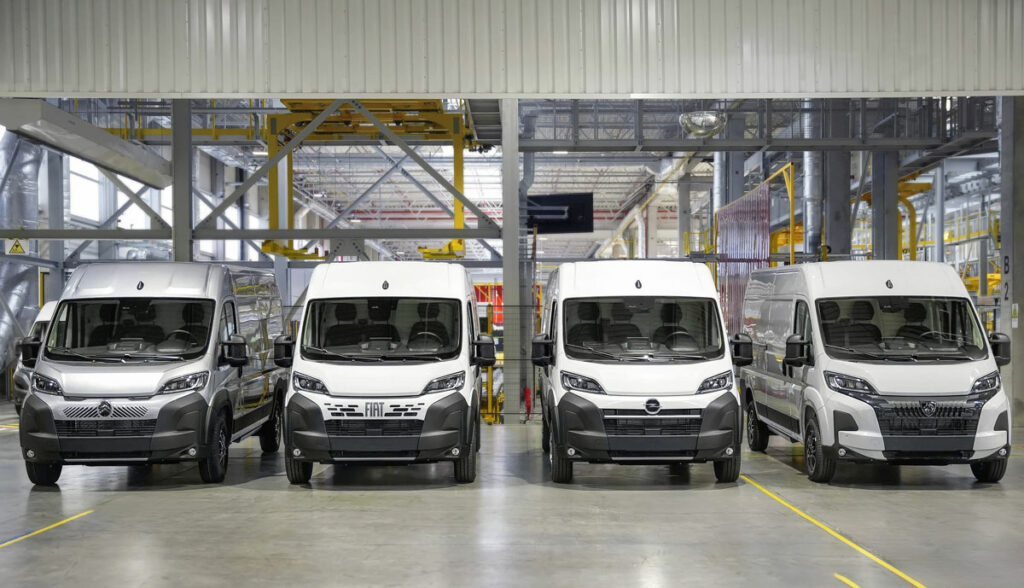Stellantis’ abrupt decision to exit hydrogen fuel cell development this month marks a significant retreat from one of the automotive industry’s once-celebrated alternatives to battery-electric vehicles.
The move, which cancels the multinational’s plans for hydrogen-powered vans, reflects not only internal strategic realignments but also broader doubts about the commercial viability of hydrogen mobility in the medium term.
According to Stellantis, the hydrogen market currently lacks a path to profitability. A company statement emphasized that hydrogen technology offers “no development prospect at mid-term,” prompting the firm to reallocate resources toward battery and hybrid technologies, which continue to benefit from clearer policy support and stronger market demand.
The decision comes just weeks before Stellantis was expected to begin production of its mid-size hydrogen vans, designed for commercial fleets needing rapid refueling. That fleet segment, traditionally seen as a sweet spot for hydrogen due to its tight operational schedules, now appears insufficient to justify the high development costs.
At the core of hydrogen’s promise is speed. Fuel cell vehicles can refuel in minutes, rivaling diesel in terms of downtime. This advantage, however, has failed to offset serious barriers: sparse refueling infrastructure, a costly and energy-intensive supply chain, and persistently high vehicle costs. Despite policy enthusiasm and subsidies in regions like the EU and California, uptake has remained limited to niche use cases.
Ars Technica noted that even generous incentives haven’t significantly expanded hydrogen’s footprint beyond pilot projects and symbolic fleets. The energy return on hydrogen remains poor compared to direct electrification, particularly given the inefficiencies in production, compression, and storage.
Reuters linked Stellantis’ move to financial pressures, especially as the European Union tightens CO₂ emission regulations. With electric vehicle sales plateauing and input costs rising, the company—formed by the 2021 merger of Fiat Chrysler and PSA Group—has been forced to reevaluate long-term R&D priorities. Hydrogen, it seems, did not make the cut.
Stellantis is not alone in its reassessment. While Toyota and Hyundai continue to back hydrogen in select markets, Stellantis’ decision could send ripples across the industry, particularly for manufacturers weighing short-term ROI against longer-term innovation bets. A Stellantis official reportedly described the hydrogen market as “niche,” casting doubt on whether the ecosystem—comprising producers, logistics operators, and refueling providers—can scale without further consolidation or major policy shifts.
While hydrogen remains essential for decarbonizing sectors such as shipping, aviation, and heavy industry—where battery solutions face physical and operational limits—its future in light- and medium-duty vehicles is now under sharper scrutiny. For mobility applications, particularly in the commercial vehicle space, Stellantis’ withdrawal may accelerate the reallocation of capital toward lithium-ion and solid-state battery development.
Stay updated on the latest in energy! Follow us on LinkedIn, Facebook, and X for real-time news and insights. Don’t miss out on exclusive interviews and webinars—subscribe to our YouTube channel today! Join our community and be part of the conversation shaping the future of energy.





